There’s a moment in John Ford’s heartfelt tribute to West Point, The Long Gray Line, that for its manly power and decorous simplicity is probably unlike anything you will have seen or heard in church in the last fifty years. The men are at chapel, and the news has just broken that the Japanese have bombed Pearl Harbor. They all stand, and they sing out the great verse from the song we have known simply as “America”:
Our fathers’ God, to Thee, Author of liberty, To Thee we sing. Long may our land be bright With freedom’s holy light; Protect us by Thy might, Great God, our King!
Ford did not have to think of it, because he and everyone else took it mainly for granted, that men are made one not by politics or by education, but by a common love for what transcends the individual person. And that is how the love we owe to our homeland, what the old Romans meant by pietas, can be brought into harmony with our love of God.
And yet the Christian is also in an unusual position, or rather he is called to a dynamic homelessness: he is meant to be on the way. His is a pilgrim Church, and a marching faith. No doubt, all the good we have known in the earthly homes God has blessed will be restored to us in that city of peace, Jerusalem, not made by human hands. But just as he who would save his life must lose it, so we who love our homes, as we ought to do, must leave them, fully trusting in God. The old hymnals are therefore full of marching songs, songs for setting forth on the pilgrimage, or, what is usually the same thing, going out into spiritual combat.




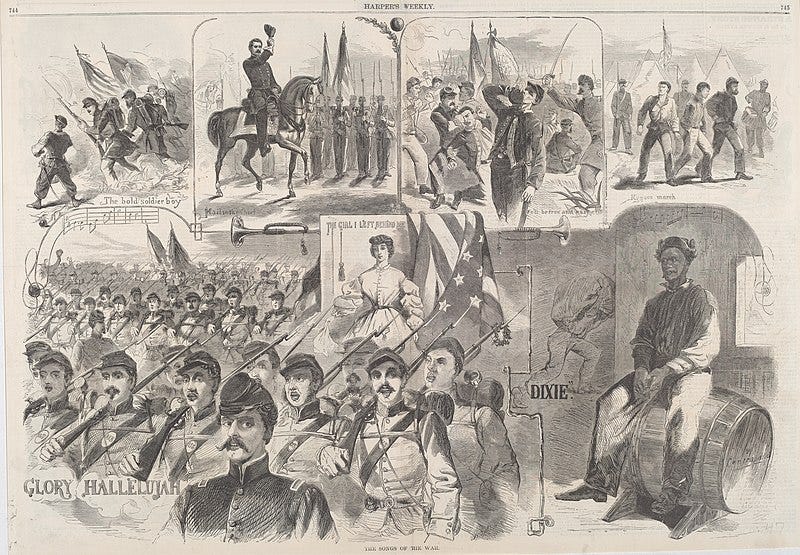


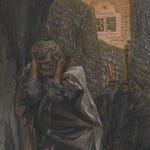
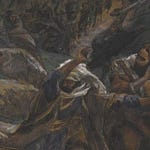
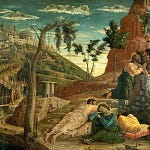
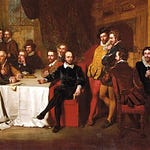
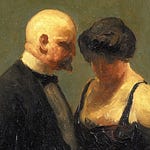
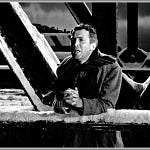
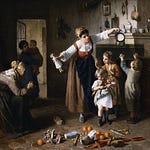
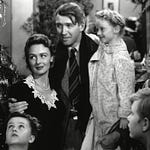
Marching Together